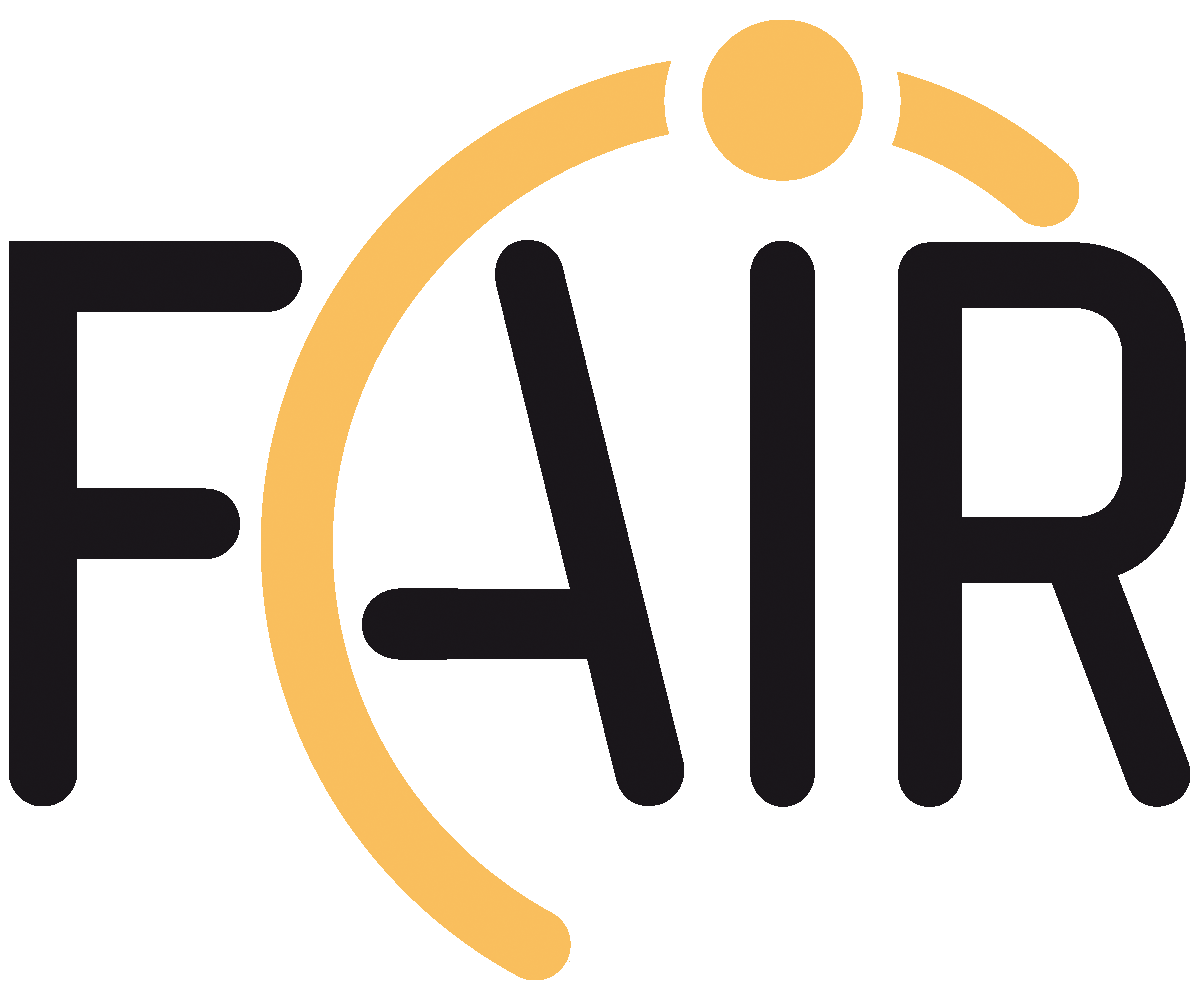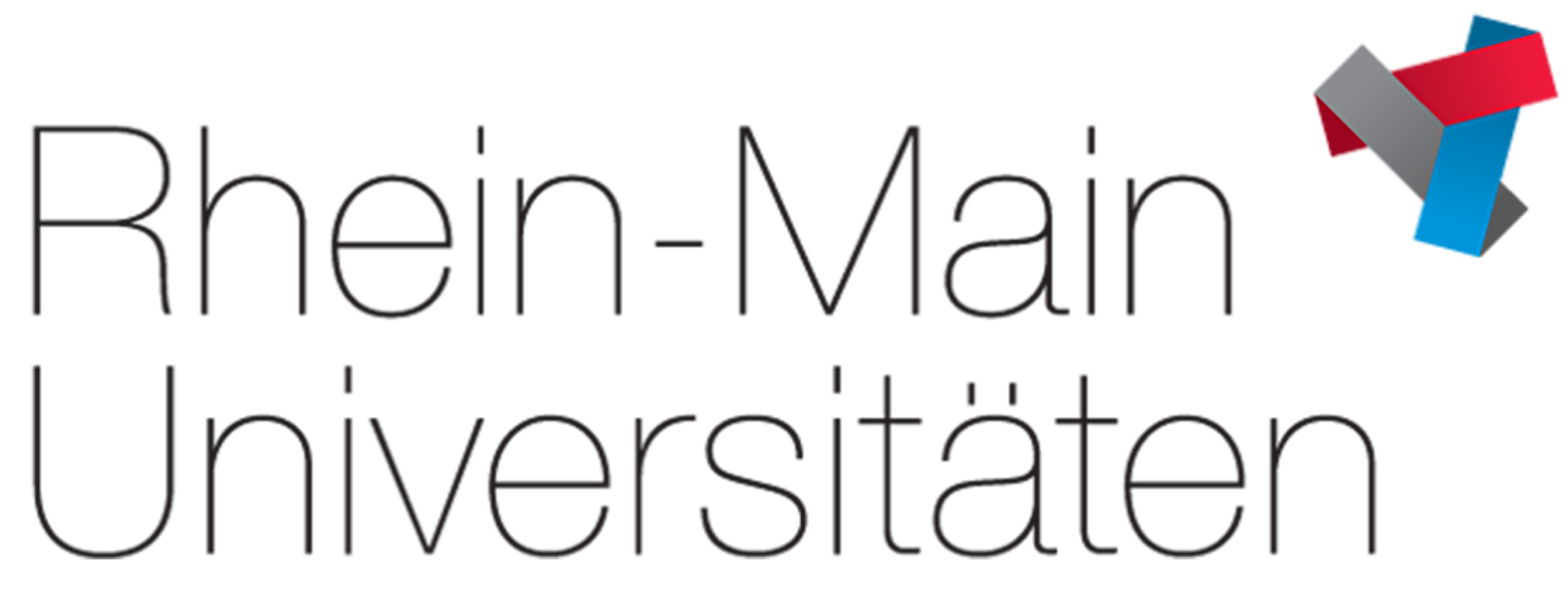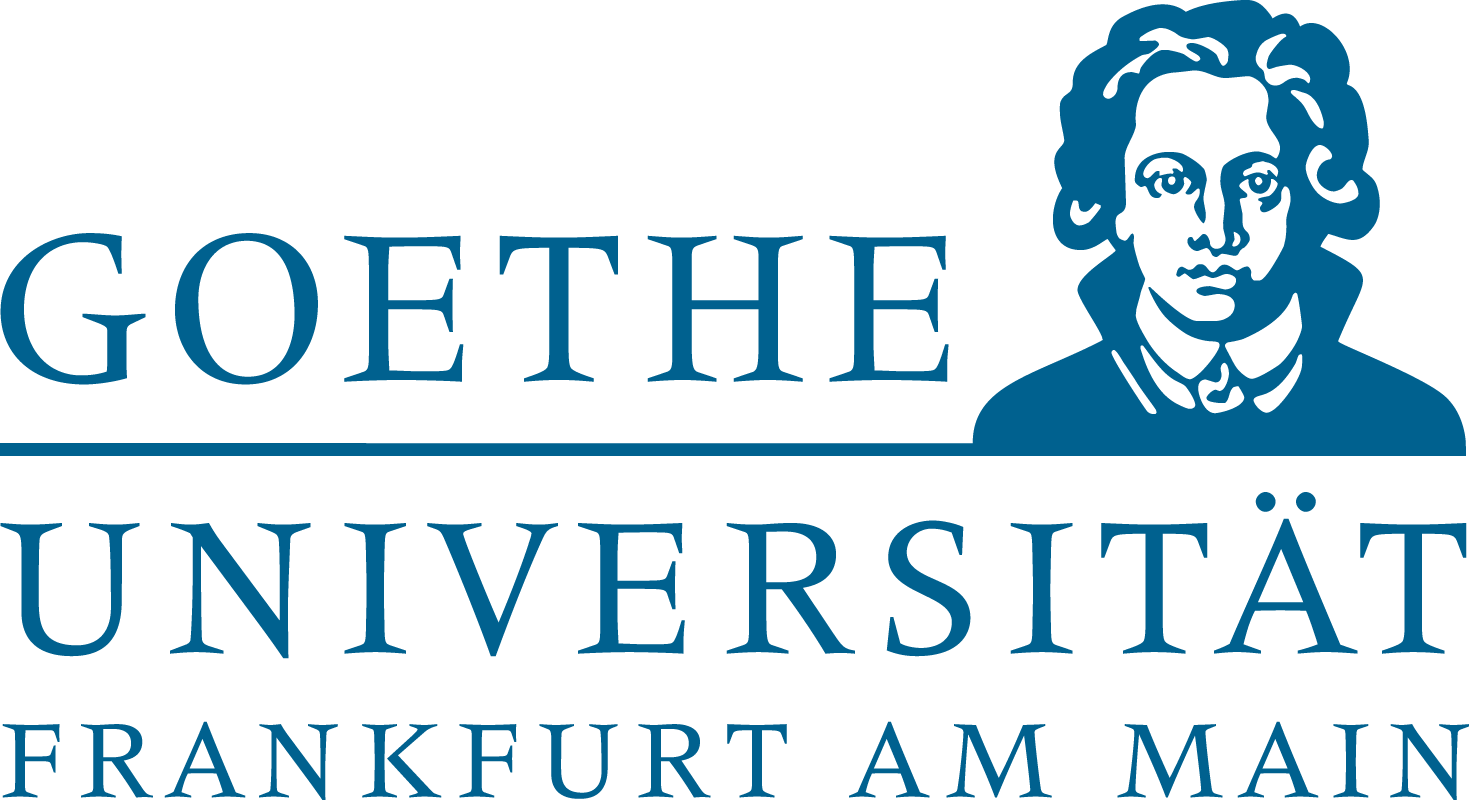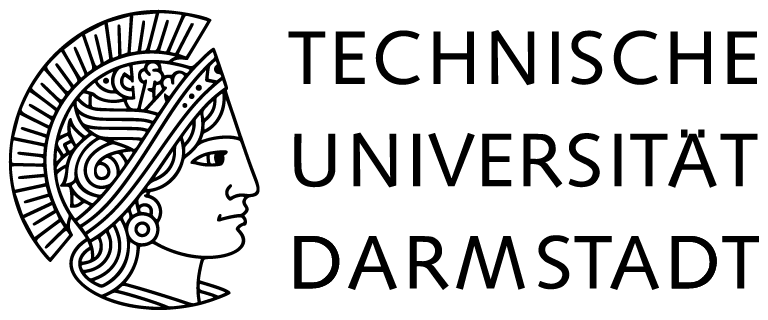Home » Funding & Partners
Over the period 2021 to 2025, the Research Cluster ELEMENTS comprised a budget of 16 million Euros of which 12 million Euros had been granted by the Hessian Ministry of Higher Education, Research, Science and the Arts, by Goethe University Frankfurt, TU Darmstadt, Justus-Liebig University Gießen and by GSI Helmholtz Centre for Heavy Ion Research. The research and outreach activities in ELEMENTS laid the foundation for consolidating the Hessian Excellence Area in physics and astrophysics concerned with the origins of heavy elements.
ELEMENTS integrates the key research fields for achieving major advances in the study of the Universe in laboratory. The research in ELEMENTS builds upon and advances the work funded by other regional, national and international research support programs. In the recent years, the European Research Council (ERC) has awarded the Principal Investigators (PIs) of ELEMENTS eleven grants (one Synergy Grant, three Advanced Grants, three Consolidator Grants, and four Starting Grants). The State of Hesse’s LOEWE project “Nuclear Photonics” and the LOEWE Center HIC for FAIR are further examples of interconnections between ELEMENTS and the existing research areas and facilities in Hesse. The Helmholtz Initiative “Extremes of Density and Temperature: Cosmic Matter in the Laboratory” (EMMI) has established a favorable framework for research cooperation at CERN and GSI.
Moreover, ELEMENTS links coordinated research programs at the partner institutions that are supported by the German Research Council (DFG) and the Federal Ministry for Education and Research (BMBF). The transregio Collaborative Research Center (CRC) TRR 211 “Strong-interaction matter under extreme conditions” addresses extreme, strongly-interacting matter at high densities. The CRC SFB 1245 “Nuclei: From fundamental interactions to structure and stars” investigates the structure of atomic nuclei and the impact of nuclear reactions on cosmic scenarios. The Research Training Group “Accelerator Science and Technology for Energy-Recovery LINACs” (AccelencE) contributes to advancing the technology of particle accelerators and provides training on related scientific research.
Finally, the cooperation between the GSI Helmholtz Center for Heavy-Ion Research and the partner universities of ELEMENTS is supported by the Helmholtz Research Academy Hesse for FAIR (HFHF). The PIs of ELEMENTS lead three of the four national consortia (ErUM-FSP T05, T06, and T07) contributing to the international FAIR project on heavy-ion research.
Individual groups are funded by:
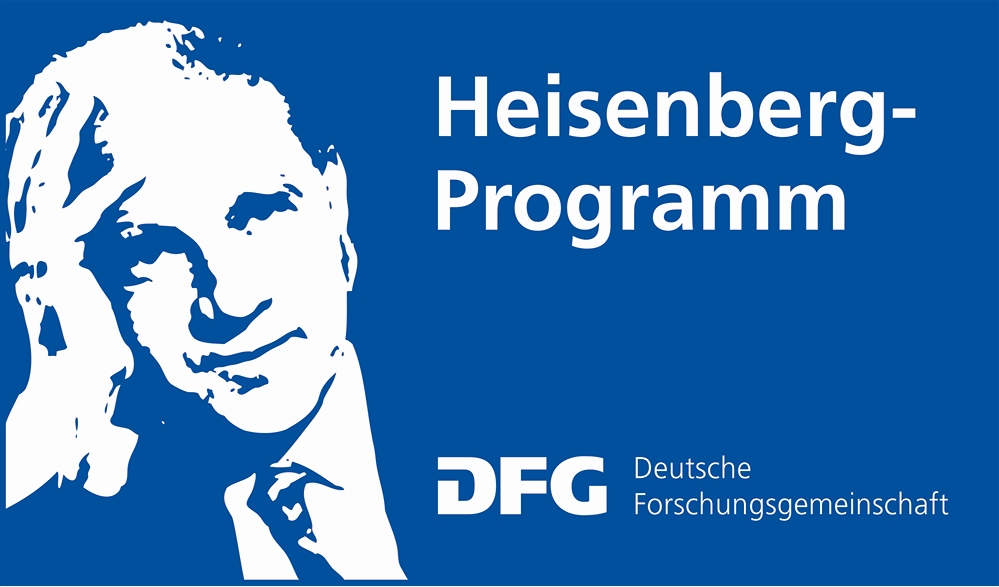
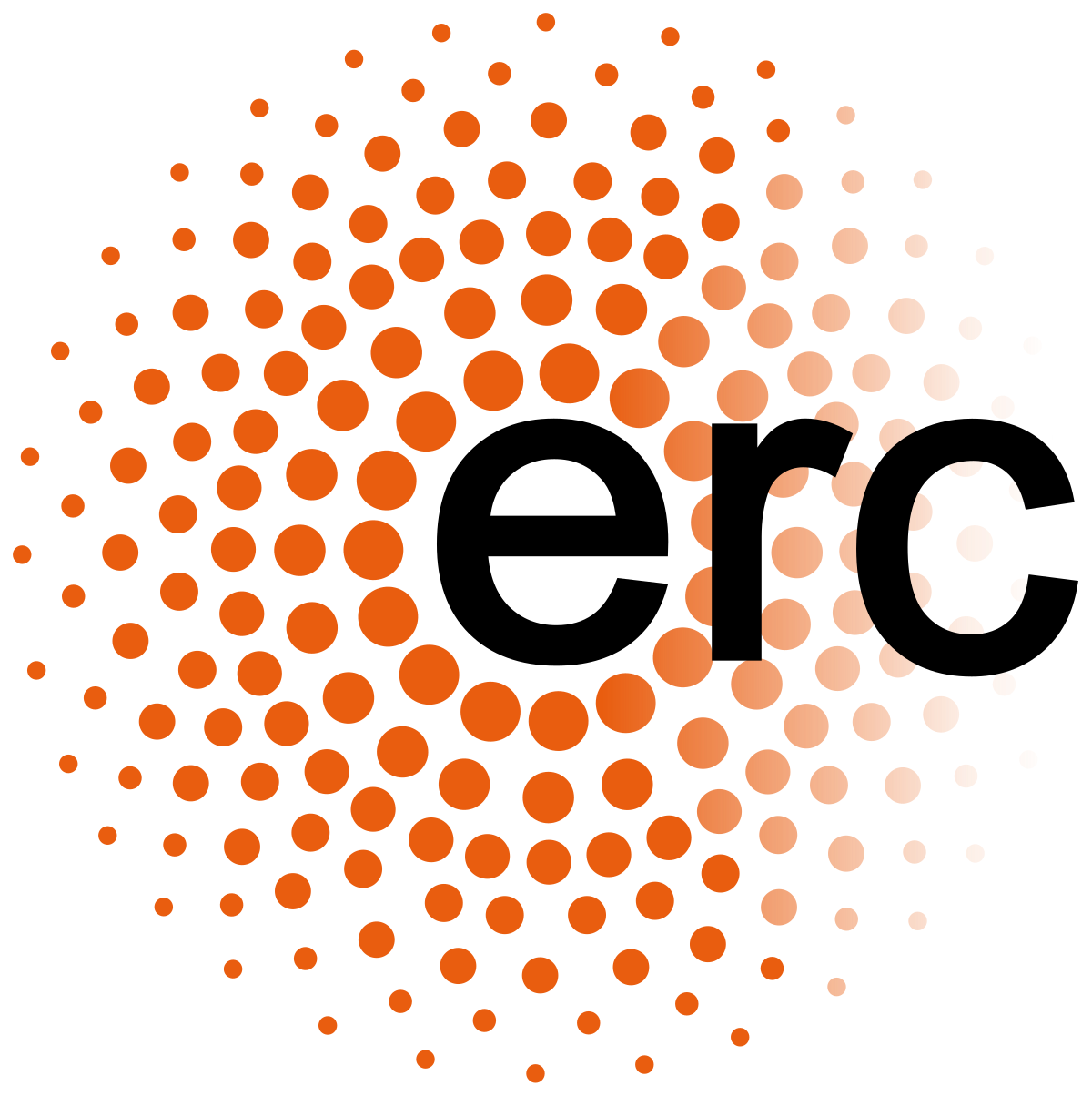
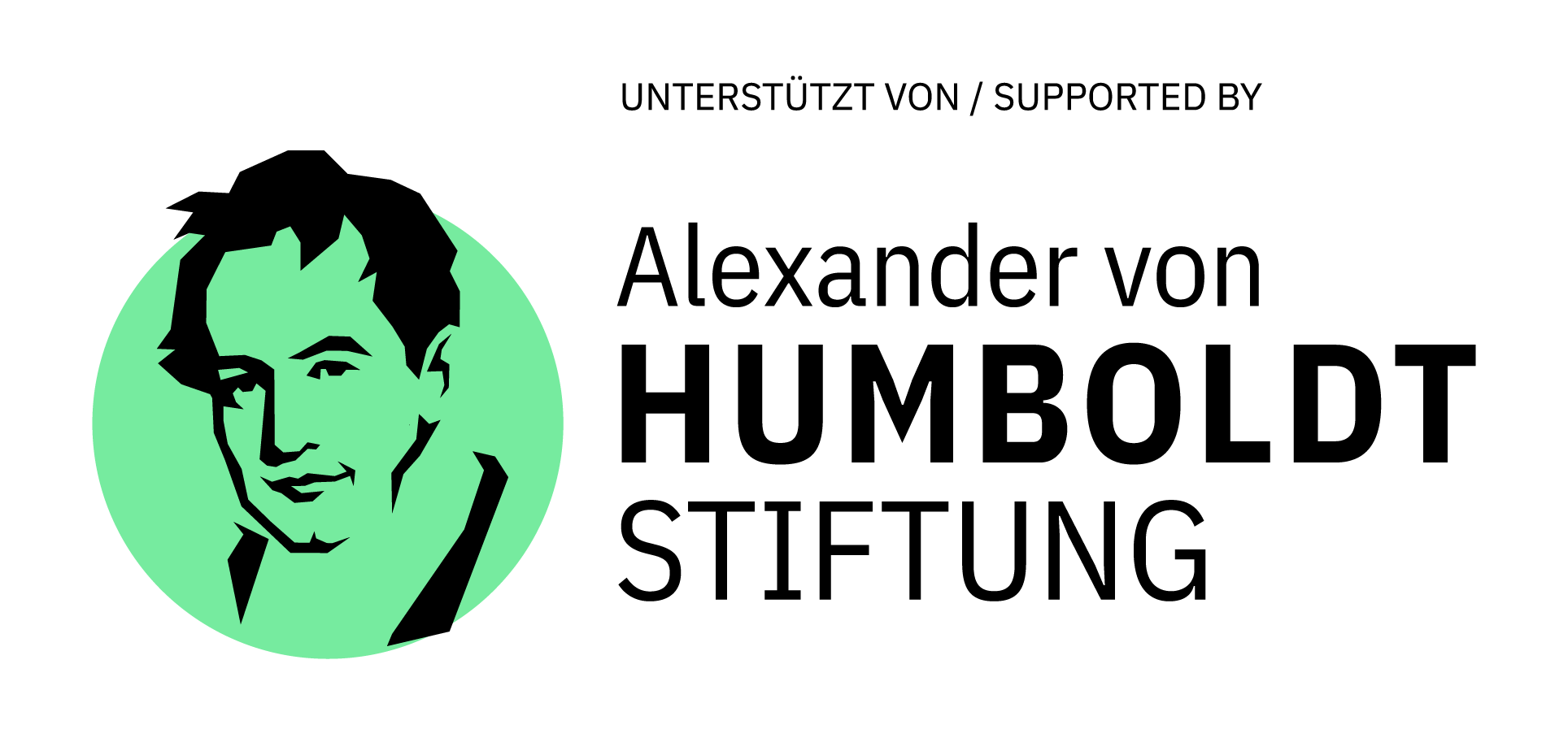

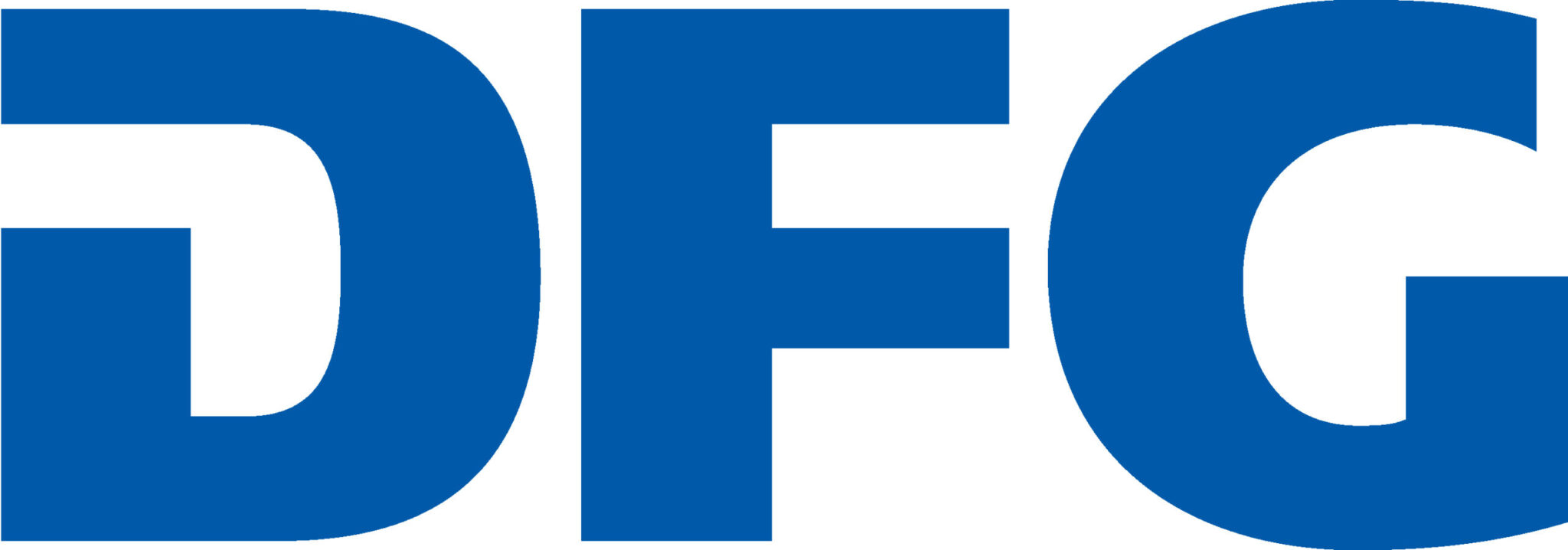
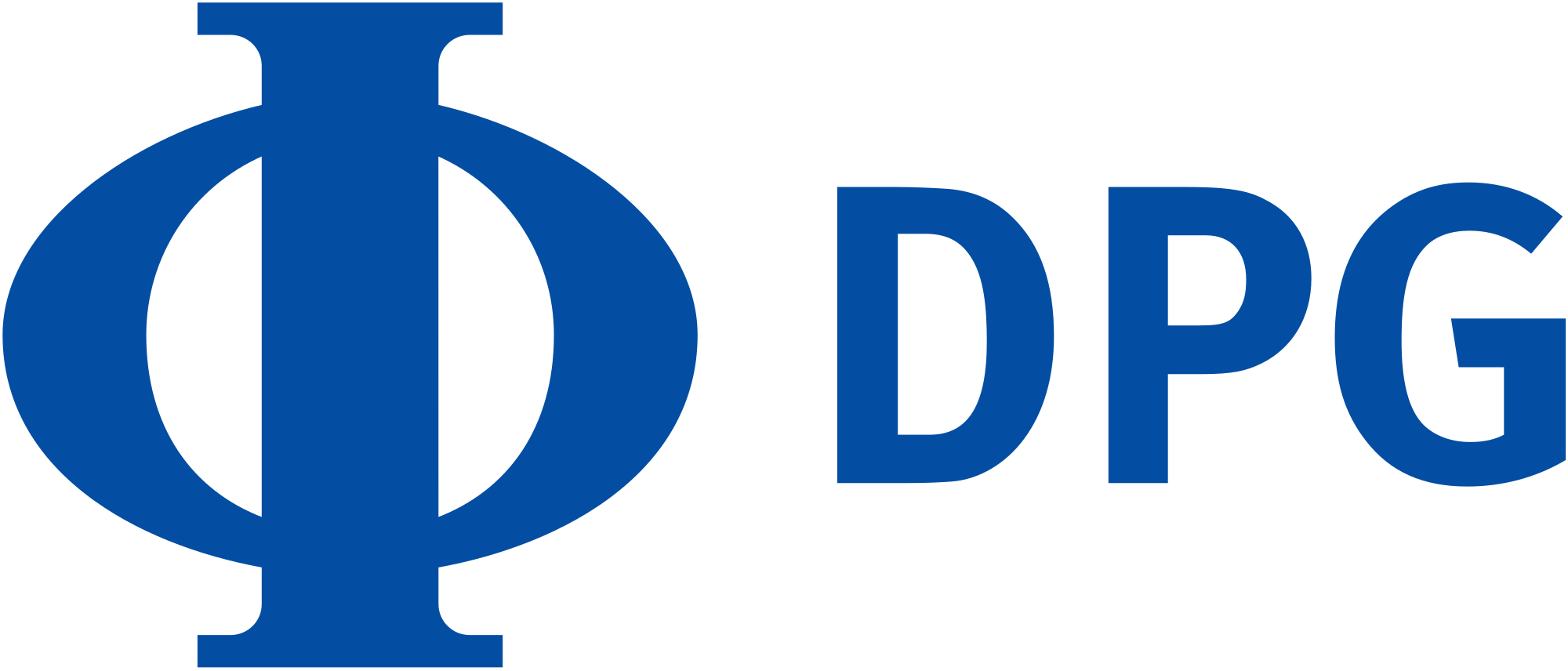
The Research Cluster ELEMENTS, lead by Goethe University Frankfurt, serves to prepare for the next round of the excellence strategy and is being funded by the state of Hesse, Goethe University and the co-applicants, Technical University Darmstadt, Justus-Liebig-University Gießen, and GSI Helmholtz Center for Heavy-Ion Research. In terms of research strategy, ELEMENTS builds on the close cooperation between Goethe University and TU Darmstadt in the network of Rhine-Main-Universities.
Experimentally, researchers at ELEMENTS will benefit from advanced particle accelerators such as the new FAIR facility (Facility for Antiproton and Ion Research in Europe) currently being built at GSI in Darmstadt, as well as of highly sensitive gravitational-wave detectors, to probe matter under extreme conditions of density, temperature, and gravity. Experiments in FAIR (“FAIR phase 0”) as well as in the S-DALINAC electron accelerator at TU Darmstadt will allow to generate and study nuclear fission and capture reactions, for example.

